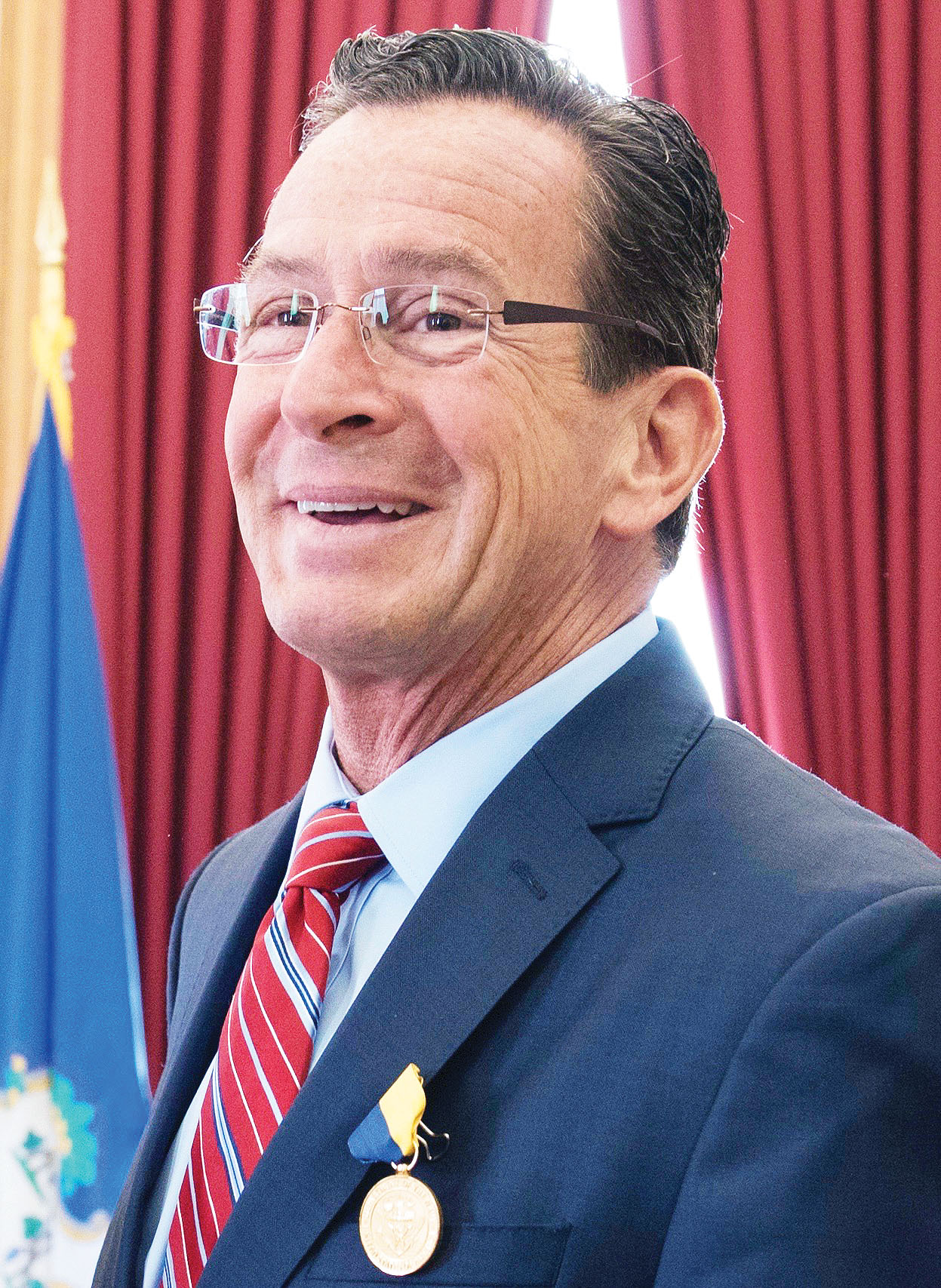
Wikimedia Commons
While gubernatorial candidates Ned Lamont SOM ’80 and Bob Stefanowski look toward the November election, current Gov. Dannel Malloy is making one last push for climate action.
Malloy spent late last week far from his Hartford office, traveling to San Francisco for the Global Climate Action Summit, where he announced Connecticut’s commitment to the Powering Past Coal Alliance. The alliance is a group of nations, regions and cities that has agreed not to open new coal plants. In joining the alliance, Malloy affirmed Connecticut’s interest in combating climate change.
“Climate change is the most significant global threat of our lifetime, we have seen its impacts firsthand this summer from wildfires in California to the powerful Hurricane Florence on the east coast,” Malloy said in a press release last Thursday. “If the federal government will not act to mitigate the impacts of climate change, it is incumbent upon states to act to protect the one planet that we have.”
Connecticut’s sole coal plant currently operates in Bridgeport. The Bridgeport Harbor Station had already promised to stop burning coal by July 2021, and the Powering Past Coal Alliance ensures that the state will not permit the construction of another facility in the future. According to a Global Climate Action Summit press release, the Bridgeport plant provides less than one percent of the state’s power.
Malloy’s new initiative aligns with previous state policies on climate change and sustainability. In 2017, following the Trump administration’s decision to withdraw from the Paris Climate Agreement, Malloy announced the state’s commitment to the United States Climate Alliance, a group of American states dedicated to upholding the Paris agreement’s goals.
Malloy, whose approval ratings are the lowest of any governor in the country, signed two landmark bills regarding climate change and renewable energy this past spring. Connecticut’s Public Act 18-82 includes provisions to limit greenhouse gas emissions and deal with the state’s rising sea levels, while Public Act 18-50 involves the development of affordable clean energy.
Malloy decided against running for a third gubernatorial term in April 2017, but in an email to the News, Malloy’s Director of Communications Kelly Donnelly wrote that his decision did not influence Connecticut’s entry into the alliance.
“The governor has a long track record of joining alliances to combat climate change and to help ensure we have access to cheaper, reliable and clean energy,” she wrote. “This coalition was no exception.”
Officials in New Haven and Yale affiliates who attended the conference expressed support for the initiatives taken to address climate change. New Haven Mayor Toni Harp, like Malloy, pledged the city’s support for the Paris climate accords as soon as President Donald Trump withdrew from the pact.
“On a number of fronts, … Mayor Harp is leading the city forward to reduce reliance on fossil fuels, preserve the air quality in New Haven and promote the use of alternative and sustainable fuels,” City Hall spokesman Laurence Grotheer said.
Ward 1 Alder Hacibey Catalbasoglu ’19 expressed his support for Connecticut’s initiative to cut carbon emissions in an interview with the News. He said a green economy is financially viable. He also expressed concern that pollution in New Haven has led to health problems like asthma for residents.
The other state governors — Jerry Brown of California, Jay Inslee of Washington and David Ige of Hawaii — joined Malloy on stage last week as he announced that Connecticut was joining the Powering Past Coal Alliance.
Kelly Wei | kelly.wei@yale.edu
William McCormack | william.mccormack@yale.edu







